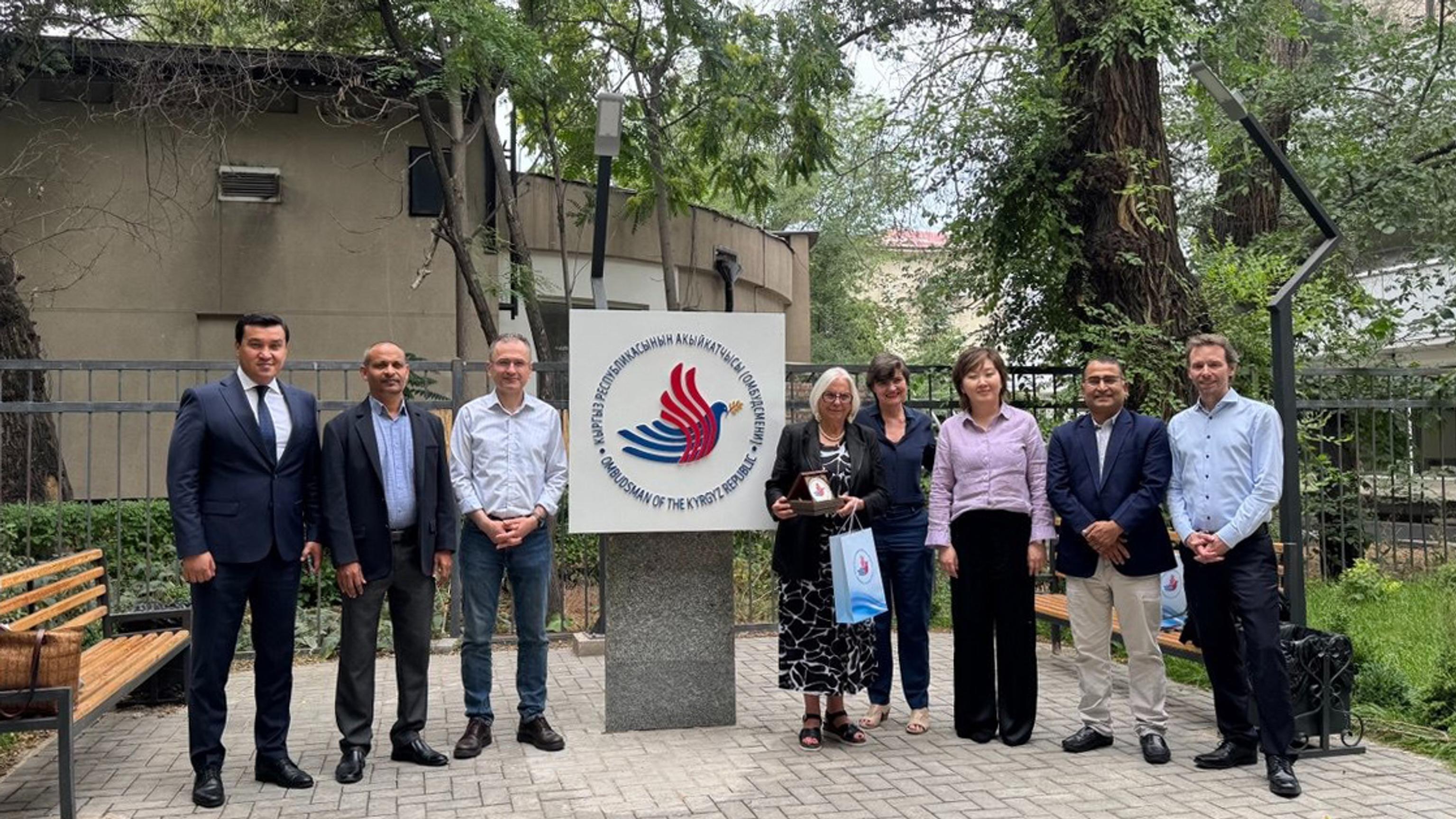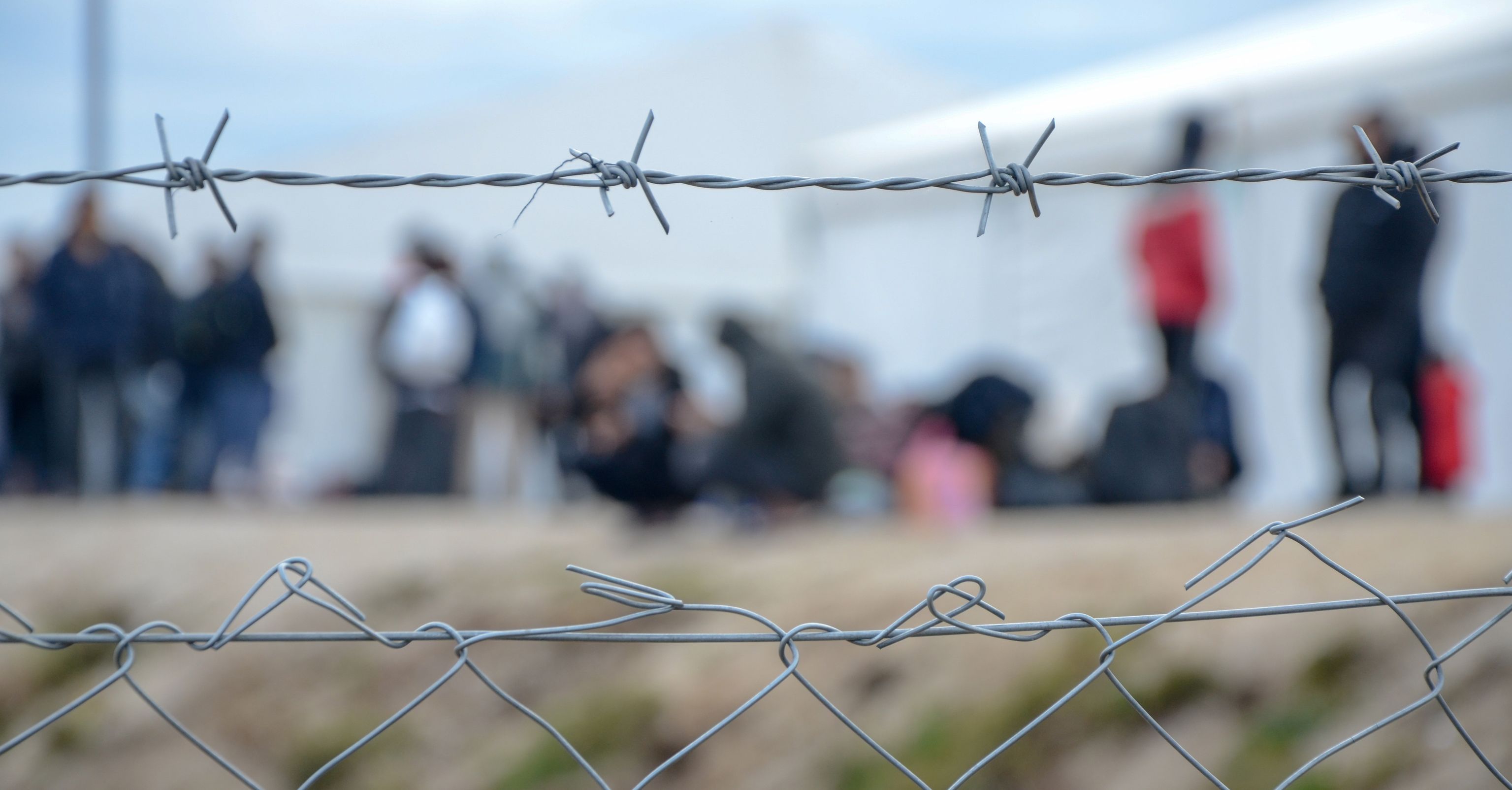Fact Sheet 7: Role and functions of NHRIs - Complaint handling
01
NHRIs are able to deal with complaints of human rights violation in a manner similar to, but different from, the courts.
02
Complaint handling by NHRIs will generally follow similar steps, including receipt, initial assessment, investigation, conciliation and referral or report.
03
Many NHRIs undertake investigations of human rights violations on their own initiative (suo motu).
Many – but not all – national human rights institutions (NHRIs) have complaint handling responsibilities. This function is "quasi-judicial"; that is, it is similar to the function of courts.
Courts receive and determine complaints, making binding, enforceable orders. They proceed by way of a judicial process. It is important to recognise that NHRIs are not courts. They do not generally make binding, enforceable decisions, although some may have a limited jurisdiction to make some orders.
However, like courts, they can receive complaints. They may seek evidence and also receive whatever evidence the parties to a complaint can produce.
Many NHRIs are required by law to attempt to resolve disputes by conciliation or mediation. If a dispute is not resolved, NHRIs can generally refer the complaint to a court for trial and final determination. Sometimes the referral is accompanied by the NHRI's own findings of fact and recommendations as to remedy.
NHRIs are required to apply the rules of natural justice when handling complaints. They may be advocates for human rights but they must be impartial in their complaint handling.
What complaints can NHRIs accept?
The ability of an NHRI to accept and deal with complaints will depend on what human rights issue the complaint raises, who makes the complaint, against whom the complaint is made, and other jurisdictional matters.
The subject matter of the complaint
An NHRI is a State institution established by law. That founding law will usually identify those human rights recognised by the State and that will govern what complaints are within the NHRI's jurisdiction and what are not.
Human rights recognised by the State are set out in the national constitution and in national laws. They can also be identified by reference to international human rights law.
The Paris Principles (http://www.asiapacificforum.net/resources/paris-principles/) require that the human rights mandate of NHRIs be as broad as possible and related to the breadth of international human rights law.
Who may complain?
In most cases, the law establishing an NHRI will also define who may make a complaint of a human rights violation.
Any person harmed because of a human rights violation is entitled in international law to a remedy. However, the domestic law establishing an NHRI may not be so broad and some laws may permit only specific categories of victims to lodge complaints.
The Paris Principles provide that NHRIs with quasi-judicial functions should be able to receive cases brought by individuals, their representatives, third parties, NGOs, associations of trade unions or any other representative organisations. (https://www.asiapacificforum.net/members/what-are-nhris/fact-sheet-7-complaint-handling/#_ftn1)
Who responds to a complaint?
NHRIs may be limited by their establishing laws to act only on complaints against some categories of respondent. Most commonly they may only be able to act on complaints against the State or its agents, such as civil servants, the police and the military. They may not be permitted to act on complaints against private individuals or corporations.
Some States can go further by restricting the jurisdiction of NHRIs to exclude some categories of State agents from the scope of the NHRI's complaint handling role; for example, the military and security services.
Other requirements related to jurisdiction
NHRI legislation often imposes other requirements or restrictions on the complaints that NHRIs can receive and act on. Most commonly, there is a time restriction or a restriction preventing the NHRI from accepting a complaint relating to a matter that is subject to court proceedings. There may also be a geographical limitation.

Steps in complaint handling
The process by which complaints are handled will vary considerably between NHRIs. Some NHRIs follow a formal procedure, while others are very informal and adapted based on the nature of the complaint and the needs of the parties to that complaint.
The basic outline of the complaint handling procedure is similar in most NHRIs, however, and includes the following steps:
- Receipt
- Investigation
- Conciliation
- Report or referral.
Powers of investigation
NHRIs need adequate powers to undertake investigations successfully, including to:
- Take evidence from victims and witnesses
- Compel the attendance of a witness for questioning, even if in custody
- Obtain documents and information
- Enter premises and conduct inspections.
NHRIs should be able to issue orders under their investigative powers and have courts enforce those orders and penalise those who do not comply. The powers of investigation must also include protection of those who cooperate with or contribute, whether voluntarily or compulsorily, to an investigation.
Find out more
Chapters 15, Manual on National Human Rights Institutions
Undertaking Effective Investigations: A Guide for National Human Rights Institutions






